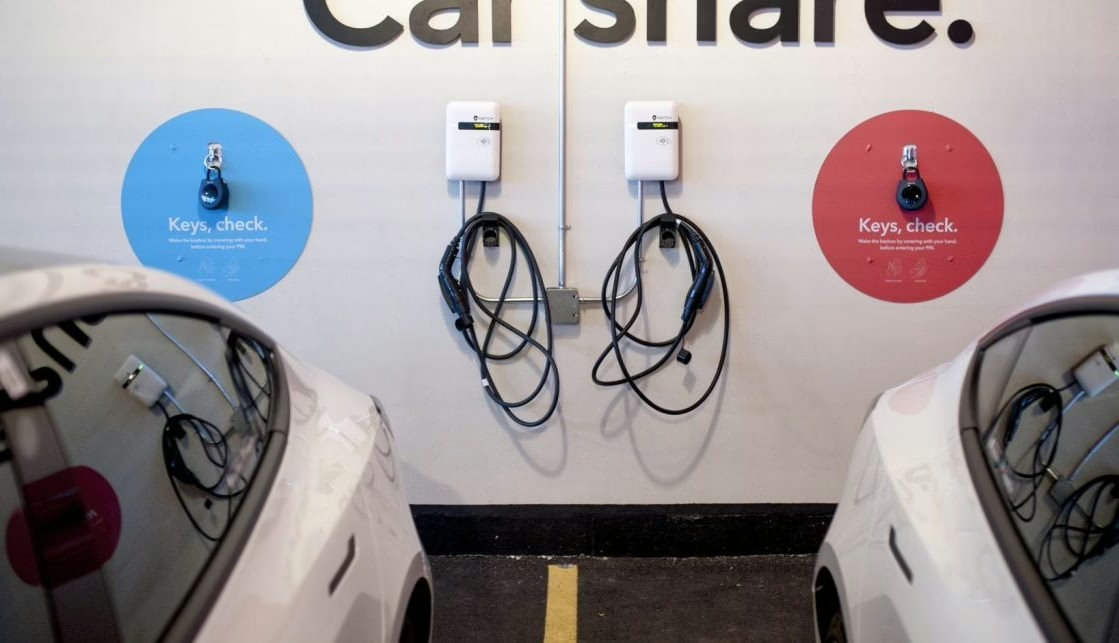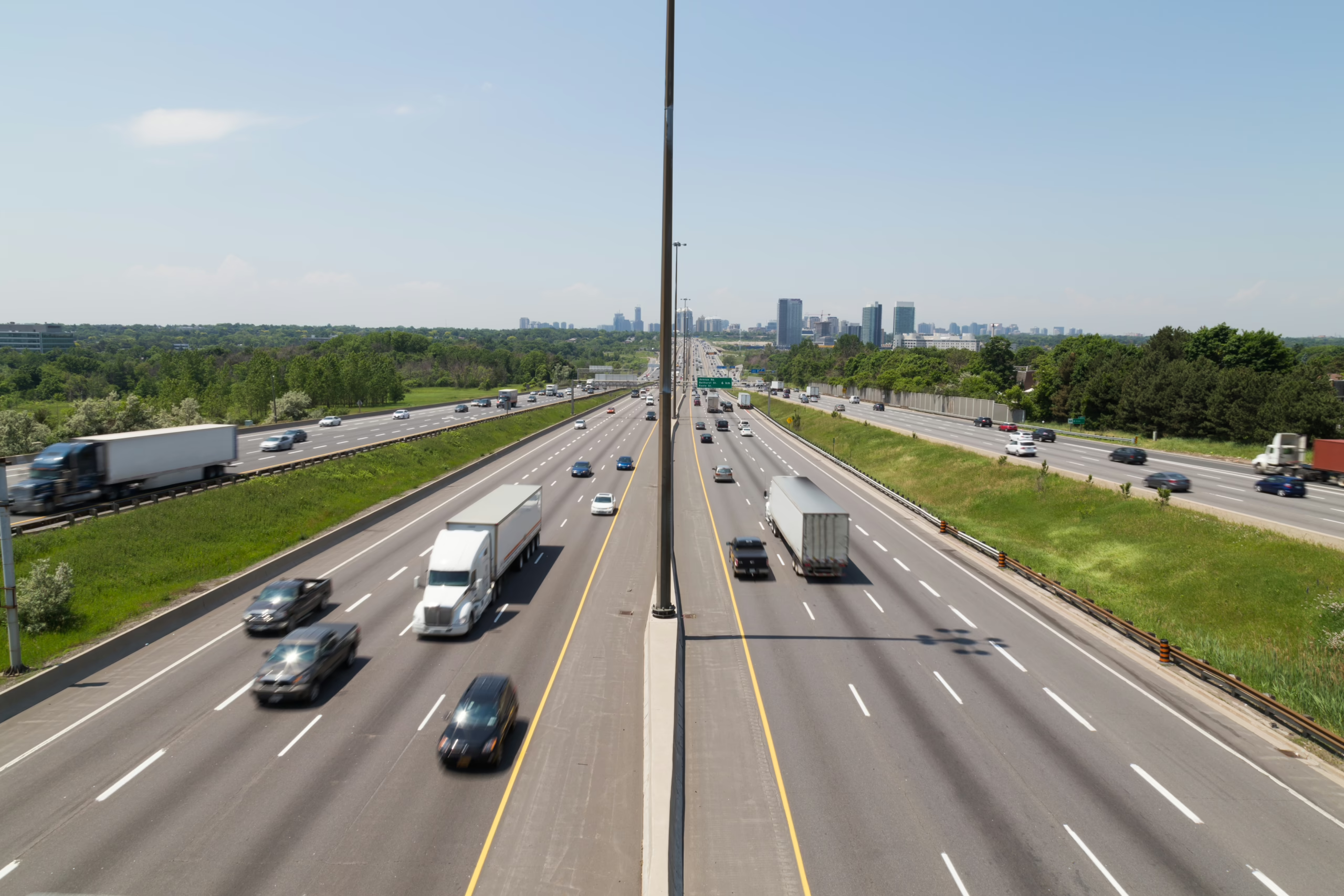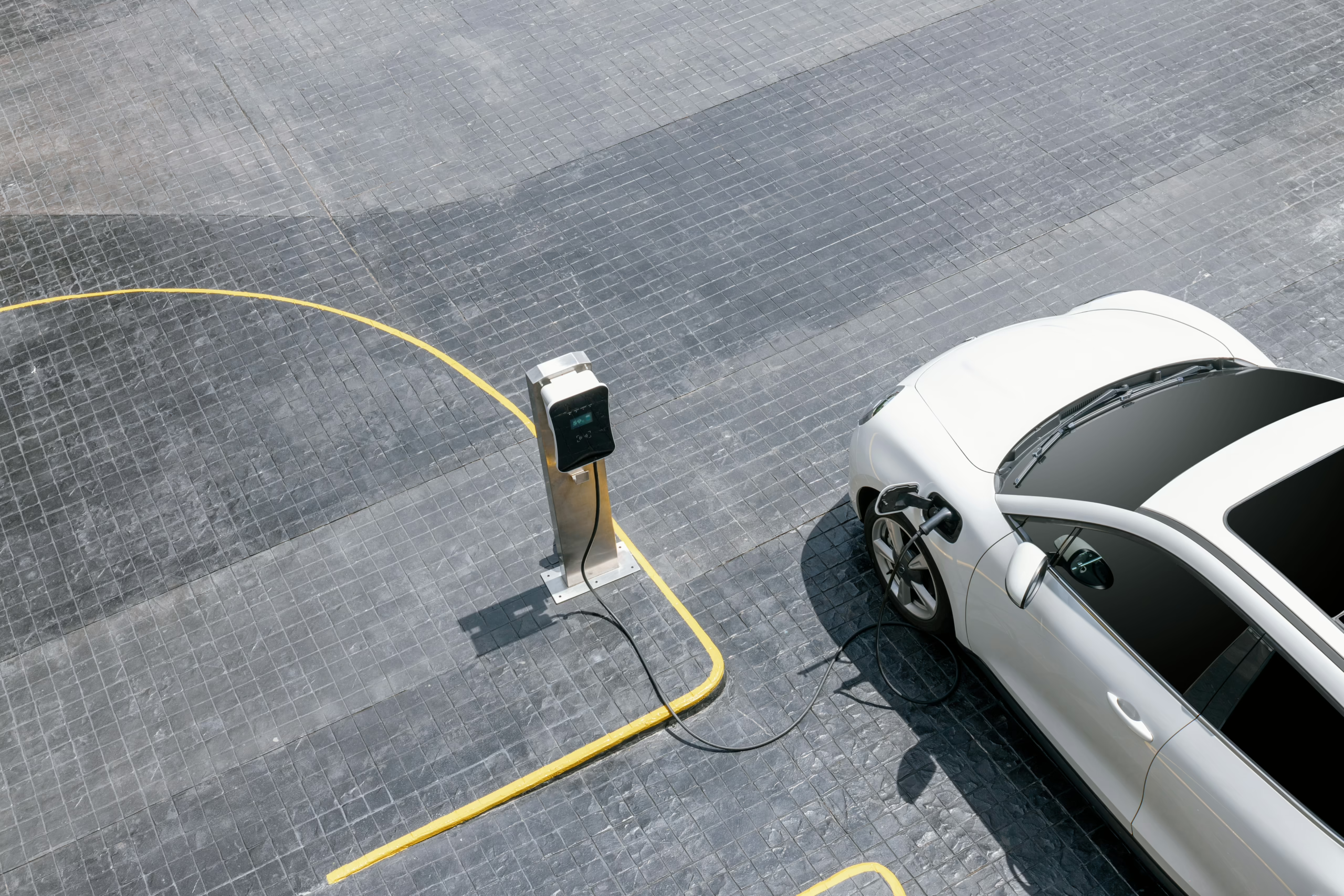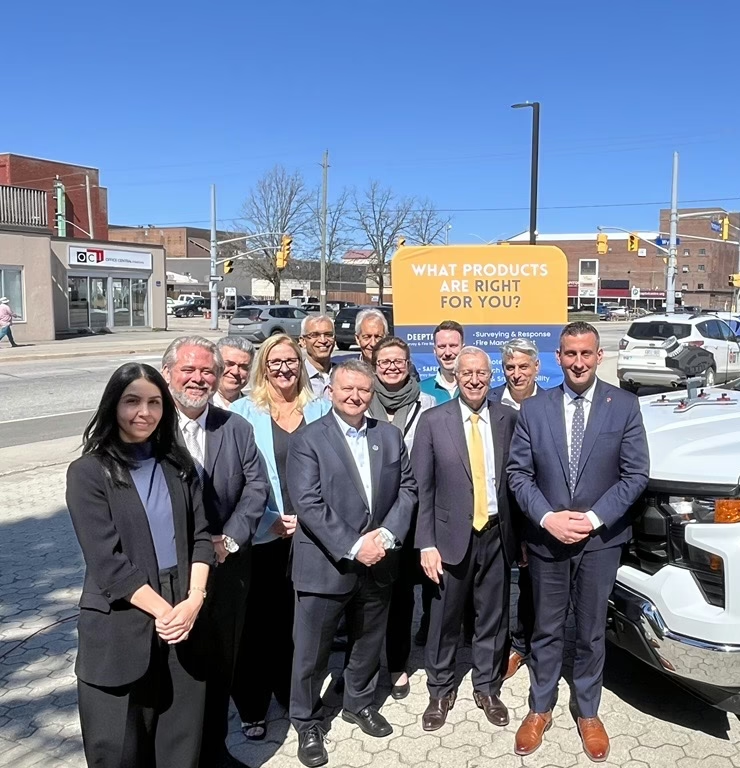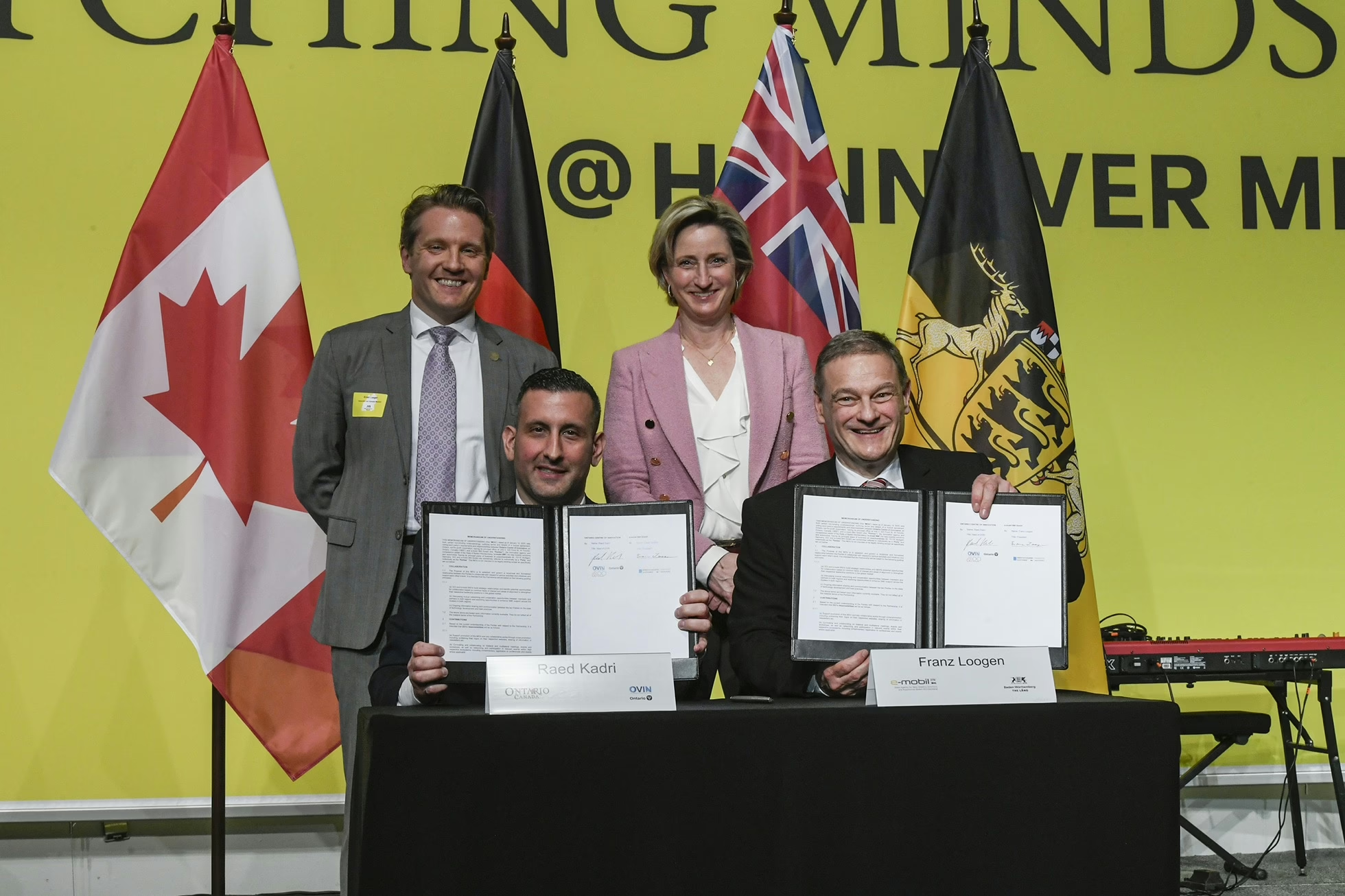Automotive and mobility news
There’s always something new happening in the automotive and mobility sector. Catch up on the latest developments.

News Releases
-

SWTCH and Kite Mobility Demonstrate Grid Benefits of Intelligent EV Charging and EV Car Sharing
A $500,000 grant from the Ontario government through the Ontario Vehicle Innovation Network (OVIN)’s R&D Partnership Fund supported the installation and demonstration of SWTCH software to intelligently optimize energy use of EV charging at a high-density community in Ontario.
-

Ontario Government Building New Pathways to Careers in the Automotive and Mobility Sector
Led by the Ontario Vehicle Innovation Network (OVIN), the Pathways to Possibility Pilot Program has engaged over 950 participants, unlocking pathways to careers in automotive and mobility through mentorship, networking, and interactive workshops with industry.
-

Ontario Invests in Dejero to Advance Next-Generation Fleet Connectivity Innovation
With support from the Ontario Vehicle Innovation Network (OVIN), Dejero Accelerates Development of Mission-Critical Transportation Technologies
-

Ontario is Building the Future Automotive and Mobility Workforce Through the Automotive Innovation Challenge Program
The program, launched by the Ontario Vehicle Innovation Network (OVIN) engaged over 700 students across the province, connecting post-secondary talent with industry leaders to solve real-world challenges in the automotive […]
-

Ontario boasts Homegrown Vehicle-to-Grid Technology to Advance Affordable, Resilient EV Charging
Powered by the OVIN R&D Partnership Fund, Elocity’s HIEV-Nano project introduces a next-generation vehicle-to-grid (V2G) platform, integrating renewable energy and smart grid capabilities to modernize Ontario’s EV infrastructure
-

New Battery-Grade Nickel Products for EVs
(Toronto, ON, December 2024) Working towards improving Ontario’s supply chain of nickel-based specialty materials for batteries, VPM Research Inc., Weber Manufacturing Technologies Inc. and Battery Grade Materials Inc. (BGM) are partnering […]
-

Live Demonstrations Featured at Second OVIN Demonstration Zone Showcase in Markham
Ontario SMEs demonstrate cutting-edge automotive and mobility technologies in action
-

OVIN Demonstration Zone Unveils New Urban Mobility Technologies in Markham and Vaughan
Six Ontario-based companies selected to demonstrate advanced automotive and mobility technologies in real-world urban environments
-

EECOMOBILITY Receives Support from OVIN
May 14, 2025 – EECOMOBILITY Develops AI System to Test Electric Vehicle Cells and Modules through Support from the Ontario Vehicle Innovation Network EECOMOBILITY, a start-up out of McMaster University’s […]
-

Ontario Building Future Automotive Supply Chain with Over $56M Investment into Homegrown Automotive and Mobility Companies
30 Ontario companies welcome major industry investment with Ontario government support to accelerate path to global markets for homegrown electrification, EV charging infrastructure and smart mobility solutions.
-

Ontario Strengthens Automotive and Mobility Innovation Corridor with Germany
OVIN and e-mobil BW GmbH renew partnership for a three-year term to bolster cross-border collaboration in advancing the automotive and mobility sector. (Hanover, Germany—April 1, 2025) Ontario and the State […]
-

Green Graphite Technologies Inc. Awarded Funding from the OntarioVehicle Innovation Network’s R&D Partnership Fund to Advance GraphiteProduction for EV Batteries
Green Graphite Technologies to advance production of high-purity graphite battery anodematerials, supporting Ontario’s electric vehicle industry. Kingston, Canada, January 31st, 2025 – Green Graphite Technologies Inc. (GGT) is pleased to […]

